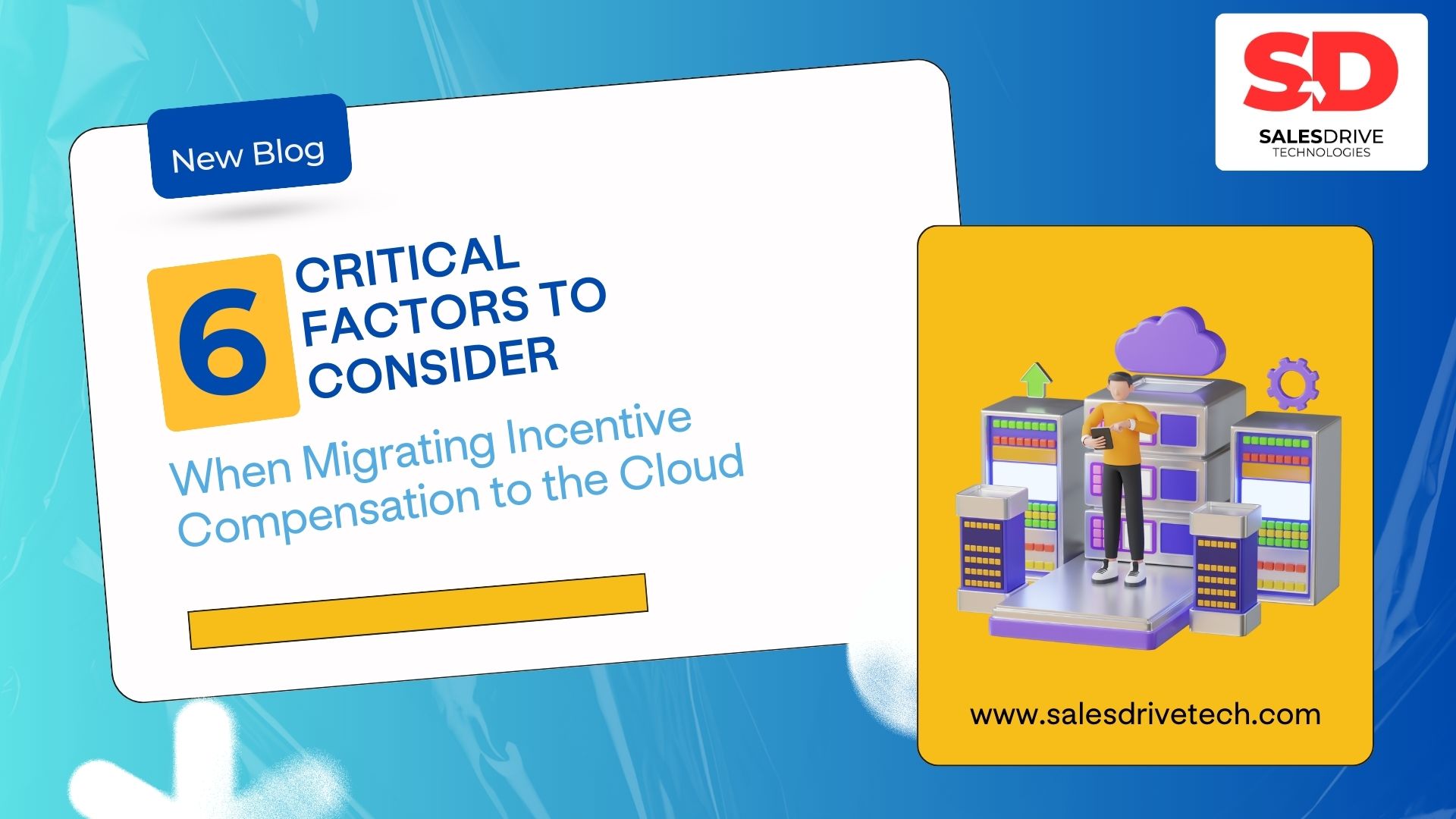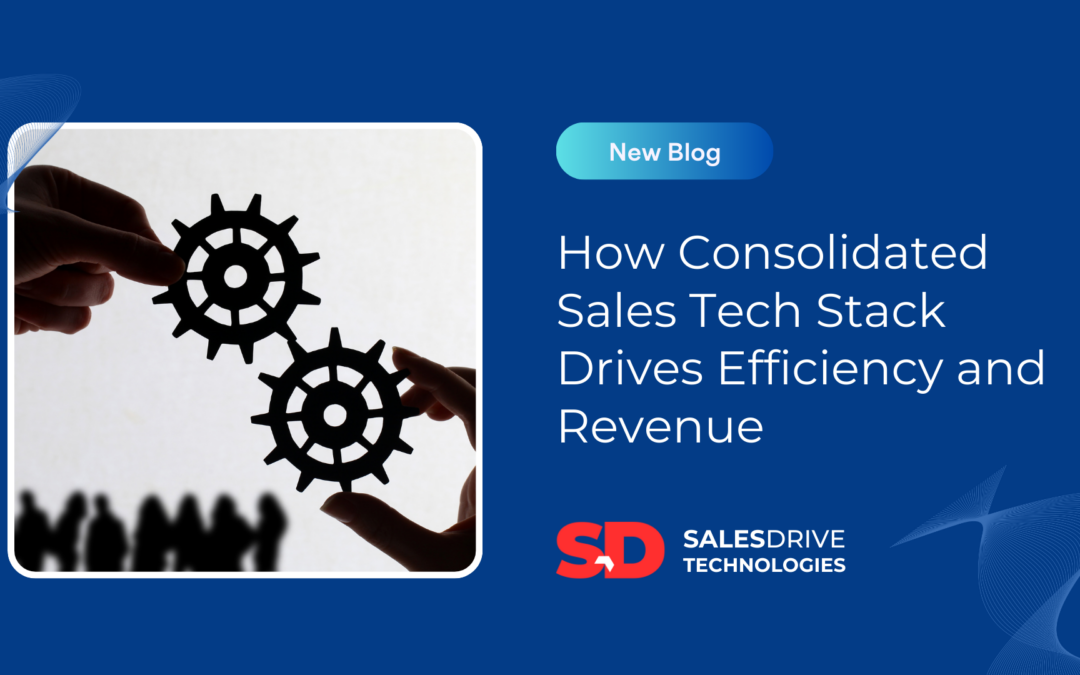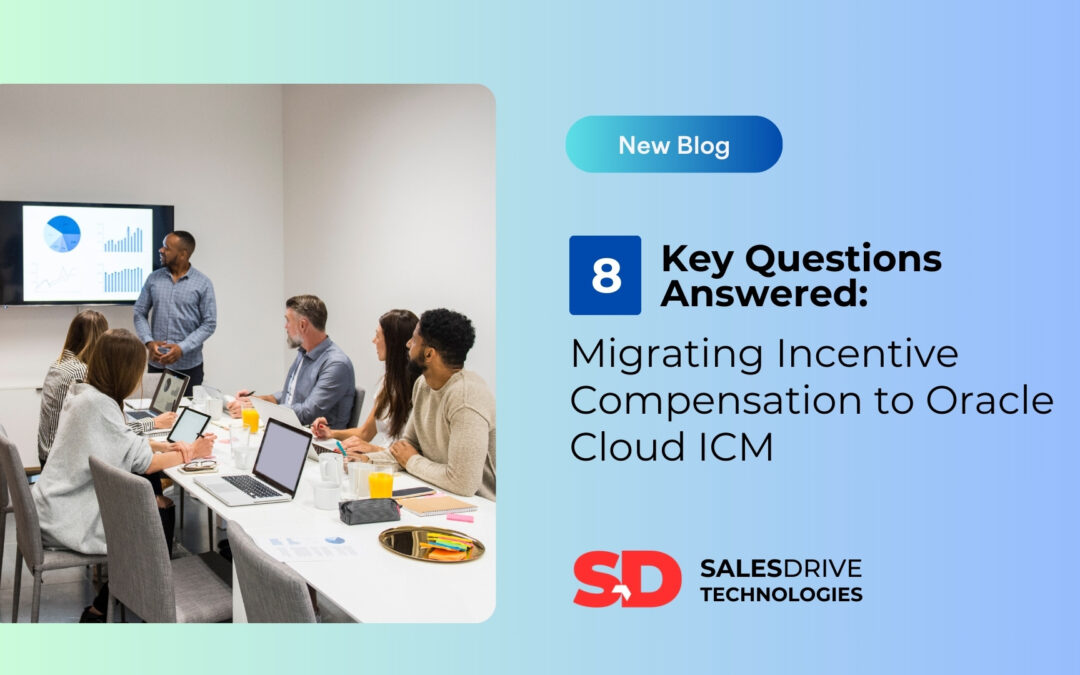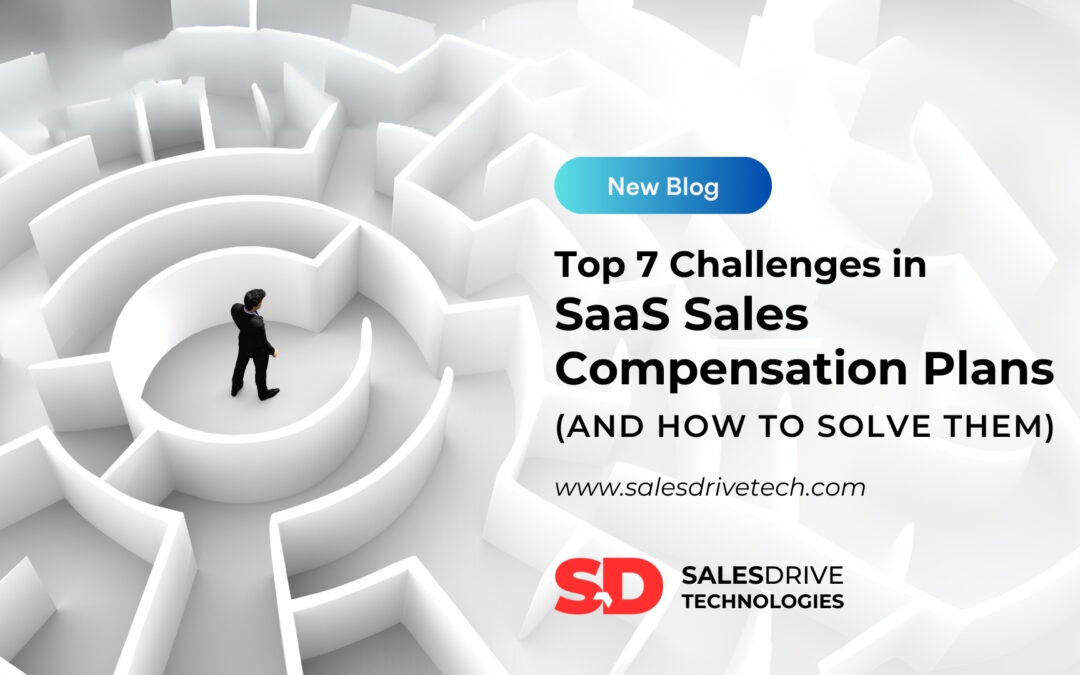Are you prepared to transform your compensation management with cloud-based efficiency and real-time insights?
Migrating incentive compensation to the cloud optimizes your processes, improves scalability, and prepares your team for long-term success. Cloud-based solutions provide a streamlined approach to compensation management, enabling businesses to automate workflows, reduce operational costs, and make data-driven decisions in real-time. However, without the proper preparation, migrating to the cloud can disrupt existing workflows and fail to deliver the expected benefits. By taking the right steps, you can ensure that your transition to the cloud enhances efficiency, boosts performance, and drives sales growth.
To unlock these benefits, it’s essential to focus on the right critical factors during your migration process. The following six factors are key to ensuring a smooth and successful migration of your incentive compensation system to the cloud.
6 Critical Factors to Consider When Migrating Incentive Compensation to the Cloud
A well-managed migration not only enhances the accuracy and efficiency of compensation processes but also enables organizations to stay agile and future-proof. Below are the critical factors that should be considered during the migration process:
1. Data Migration Complexity
Data migration is one of the most challenging aspects when transitioning to a cloud-based incentive compensation system. Ensuring data accuracy and integrity is crucial to avoid commission discrepancies and financial errors. Key considerations include:
- Data Migration Complexity
- Data migration is one of the most challenging aspects of transitioning to a cloud-based incentive compensation system. Ensuring accuracy and maintaining data integrity are vital to avoid discrepancies in payouts.
- Mapping Accuracy – Aligning existing data fields with the cloud’s compensation models is crucial to ensure seamless integration.
- Data Integrity – Address inconsistencies by validating and cleansing data before migration.
- Custom Templates – Utilize bulk import tools like File-Based Data Import (FBDI) to simplify and accelerate data transfers.
2. Configuration and Plan Redesign
Cloud systems often require rethinking existing compensation plans to fit standardized models, which can involve striking a balance between customization and new configurations.
- Standardization vs. Customization – Evaluate how custom plans from legacy systems align with cloud capabilities. Modify or redesign plans to ensure compatibility.
- Dynamic Rules Setup – Configure crediting logic, rate tables, and tiered incentives using flexible rule engines available in cloud platforms.
- Performance Measures – Break down complex incentive components into detailed performance measures for better tracking and more transparent calculations.
3. Change Management and User Adoption
- Successful cloud migration goes beyond technology – it involves ensuring users are prepared to adapt to new processes and interfaces.
- Training and Support – Provide thorough training to all relevant teams, ensuring they are comfortable navigating the new system.
- Stakeholder Engagement – Engage sales, finance, and IT teams early to gather input and foster collaboration.
- User Experience Enhancements – Emphasize the benefits of intuitive workflows and improved interfaces to reduce resistance and drive adoption.
4. Testing and Validation
- Comprehensive testing is essential to ensure the new system operates accurately and efficiently post-migration.
- User Acceptance Testing (UAT) – Validate plan accuracy and ensure payouts reflect the correct commission logic through detailed UAT cycles.
- Continuous Reconciliation – Cross-check migrated data against historical records to detect and resolve anomalies before going live.
5. Security and Compliance
Protecting sensitive compensation data is non-negotiable during migration. Cloud systems provide robust security measures, but proper configuration is necessary.
- Role-Based Access – Implement role-based permissions to ensure only authorized personnel can access sensitive data.
- Audit and Reporting – Enable real-time reporting and audit trails to track performance, ensure compliance, and maintain transparency.
6. Scalability and Performance
Migrating to the cloud offers scalability to support organizational growth. A cloud compensation system must handle expansion across regions, currencies, and structures. Key considerations include:
- Scalability: Ensure the solution can accommodate growth, such as adding business units or handling increased compensation data.
- Global Reach: The solution should support multi-currency and multi-business unit structures to manage compensation across regions seamlessly.
A Closer Look at Oracle Cloud for Incentive Compensation Migration
Oracle Cloud offers a robust and scalable platform for managing incentive compensation, making it an ideal choice for organizations looking to streamline processes, enhance accuracy, and drive better business outcomes. Here’s why Oracle Cloud stands out in the market for incentive compensation migration:
1. Comprehensive Automation
Oracle Cloud automates key compensation processes, reducing the manual effort and errors typically associated with legacy systems. The platform provides end-to-end automation for:
- Crediting: Automatically assigns credits to salespeople based on configurable rules.
- Payouts: Accurately calculates commissions, minimizing errors and ensuring timely payments.
- Reporting: Streamlined reporting processes that eliminate manual interventions and offer faster, more accurate results.
2. Real-Time Insights with OTBI
Oracle Transactional Business Intelligence (OTBI) enhances decision-making by providing real-time, actionable insights.
- In-depth Reporting: OTBI offers customizable reports that enable businesses to track sales performance, payout forecasts, and compensation effectiveness.
- Data-Driven Decisions: With real-time dashboards, managers can monitor KPIs and adjust strategies based on up-to-the-minute data.
3. Simplified Data Imports
Migrating data to the cloud becomes significantly easier with Oracle’s data import tools.
- File-Based Data Import (FBDI): FBDI supports bulk data uploads and transfers using customizable templates, streamlining the data migration process.
- Customizable Templates: These templates allow for complex data mapping and integration, ensuring consistency and reducing manual work.
4. Scalability and Flexibility
Oracle Cloud adapts to the changing needs of your business, providing flexibility to scale as your operations grow.
- Multi-Business Units Support: Manage incentive compensation for multiple business units across different regions or currencies.
- Complex Structures: Easily configure complex compensation plans, crediting rules, and payment structures that can evolve with the organization.
5. Dynamic Rule Adjustments
Oracle Cloud makes it easy to adjust compensation rules in real-time without the need to reprocess data.
- Rule Modifications: Quickly update credit rules, rate tables, and incentive structures to reflect new business requirements or market changes.
- No Data Reprocessing: Changes to compensation plans are seamless and immediate, ensuring continuity in payouts and reporting.
6. Enhanced User Experience
The user interface (UI) in Oracle Cloud is designed with simplicity in mind, making the transition to the platform smoother for end-users.
- Modern UI: Intuitive navigation reduces the learning curve for new users, accelerating adoption and improving overall productivity.
- Shortened Training Times: With an easy-to-use interface, your teams can get up to speed faster, reducing the time spent on training.
7. Continuous Innovation
Oracle Cloud stays ahead of industry trends by providing continuous updates and enhancements.
- Quarterly Updates: Regular feature releases ensure your system remains current with the latest technology, compliance requirements, and market demands.
- New Features: Oracle Cloud evolves to address new business challenges, helping organizations stay competitive and compliant with minimal disruption.
Oracle Cloud is a comprehensive, flexible, and scalable solution that can streamline incentive compensation management while driving greater accuracy, efficiency, and user adoption. By leveraging its features, organizations can ensure their compensation processes are future-proof and aligned with business goals.
Conclusion
Migrating incentive compensation to the cloud is a transformative process that enhances productivity, improves accuracy, and drives business growth. By addressing critical factors organizations can ensure a smooth transition. Oracle Cloud’s robust solutions further streamline the process, making it a leading choice for businesses seeking scalable, efficient, and future-proof compensation systems.
At Salesdrive Technologies, we specialize in modernizing incentive compensation systems using Oracle Cloud solutions. With deep expertise in optimizing IC structures, we help organizations fully leverage the flexibility and scalability of Oracle Cloud. Our team navigates complex migrations, providing comprehensive guidance and support every step of the way to ensure a seamless transition to cloud-based IC management.




